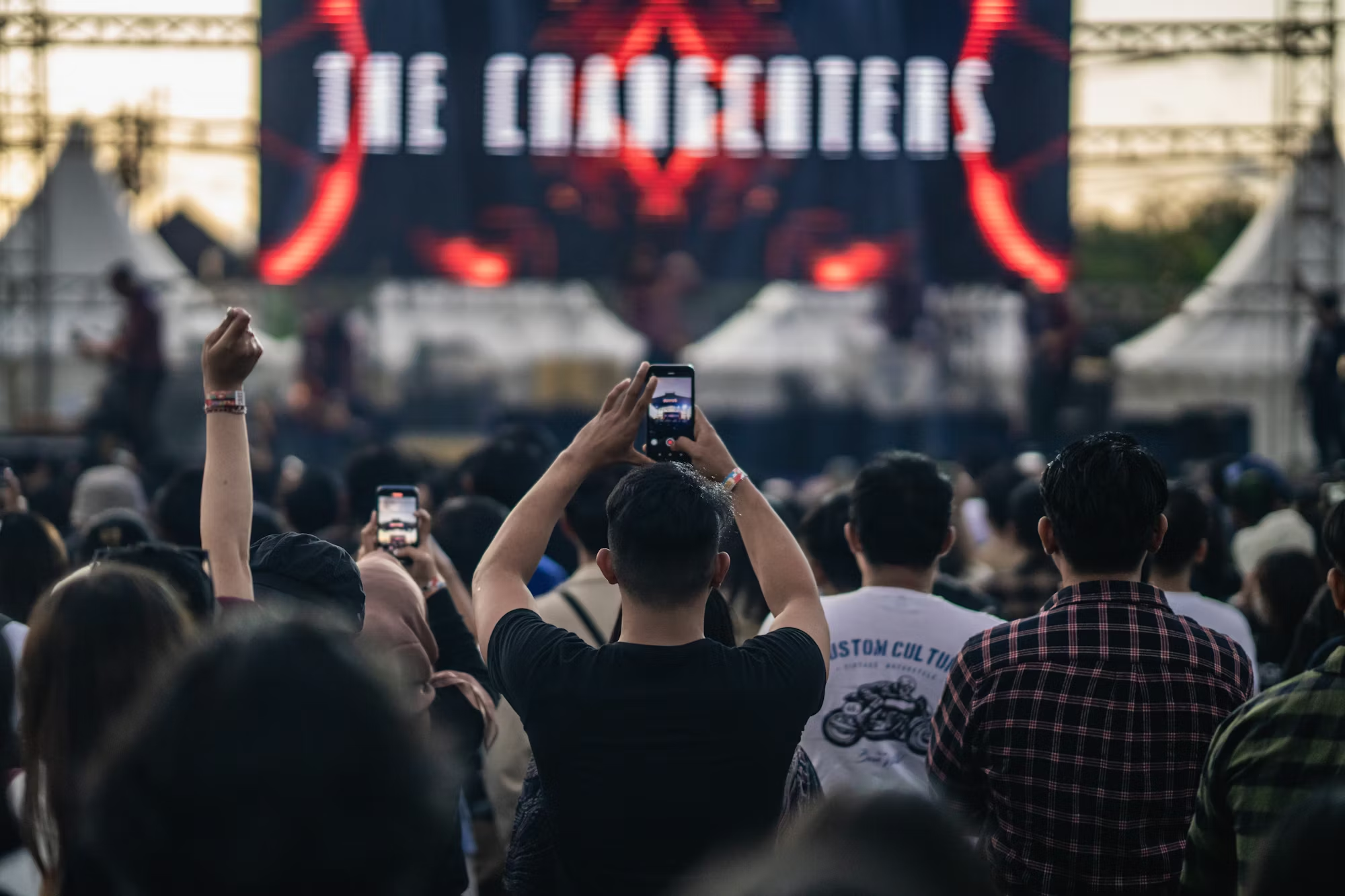Music festivals have become a cornerstone of contemporary culture, drawing thousands of attendees and showcasing diverse musical talent. These vibrant gatherings serve as more than just concerts; they are celebrations of sound, creativity, and community. This article explores the cultural significance of music festivals, their evolution over the years, and the unique experiences they offer to both artists and festival-goers.
The origins of music festivals can be traced back to ancient times when communities would gather to celebrate music, dance, and various forms of artistic expression. Over the decades, festivals have evolved, transforming from small local gatherings into large-scale events that attract global audiences. Today, festivals like Coachella, Glastonbury, and Lollapalooza have become synonymous with summer, drawing music lovers from around the world to enjoy an eclectic mix of performances.
One of the key aspects of music festivals is their ability to create a sense of community. Attendees often come together to share their love for music, forming connections that transcend geographical and cultural boundaries. The festival atmosphere encourages interaction, whether through dancing, singing along to favorite songs, or simply striking up conversations with fellow attendees. This communal experience fosters a sense of belonging, allowing people to unite over their shared passion for music.
Moreover, music festivals provide a platform for artists to showcase their talent to a diverse audience. Emerging musicians often get the chance to perform alongside established acts, gaining exposure and valuable experience. Festivals are an essential stepping stone for many artists, helping them build a following and connect with fans. The opportunity to perform in front of thousands can be a life-changing moment, propelling artists into the spotlight and launching their careers.
The diversity of genres represented at music festivals is another factor that makes them so appealing. From rock and pop to electronic and folk, festivals curate lineups that cater to a wide range of musical tastes. This diversity not only enriches the festival experience but also encourages attendees to explore new genres and discover artists they may not have encountered otherwise. Many festival-goers leave with a newfound appreciation for different styles of music, expanding their musical horizons.
In addition to the music, festivals often feature a variety of activities and experiences that enhance the overall atmosphere. Food vendors offering local and international cuisines, art installations, workshops, and interactive experiences contribute to the festival vibe. These elements create a multi-sensory environment that captivates attendees and encourages them to fully immerse themselves in the festival experience. The integration of visual art, culinary experiences, and wellness activities helps to foster a sense of creativity and exploration.
The impact of music festivals on local economies cannot be overlooked. When large-scale events take place, they generate significant revenue for host cities through tourism, hospitality, and retail. Hotels, restaurants, and local businesses often see a substantial increase in patronage during festival weekends. This economic boost helps support the local community and can lead to long-term benefits, such as increased tourism and improved infrastructure.
Sustainability is becoming an increasingly important focus for many music festivals. As awareness of environmental issues grows, organizers are implementing eco-friendly practices to minimize the ecological footprint of their events. Initiatives such as waste reduction, recycling programs, and sustainable food sourcing are becoming standard practices at festivals. This commitment to sustainability not only reflects the values of the organizers but also resonates with attendees, who are increasingly looking for ways to support environmentally conscious initiatives.
As the festival landscape continues to evolve, virtual and hybrid events are gaining popularity. The COVID-19 pandemic accelerated this trend, forcing many festivals to pivot to online formats. Virtual festivals allow artists to perform for audiences around the world, breaking down geographical barriers and creating new opportunities for connection. While the live experience is irreplaceable, these virtual events have opened up discussions about accessibility and inclusivity in the music industry, prompting organizers to consider how they can reach wider audiences in the future.
In conclusion, music festivals are more than just events; they are cultural phenomena that celebrate the power of music to bring people together. They create a sense of community, provide opportunities for artists, and contribute to the local economy while fostering creativity and exploration. As the landscape of music festivals continues to change, their significance in the cultural fabric of society will undoubtedly endure, inspiring future generations to come together and celebrate the joy of music. With their ability to adapt and innovate, music festivals remain a vital part of the music industry, continuing to connect artists and audiences in meaningful ways.
